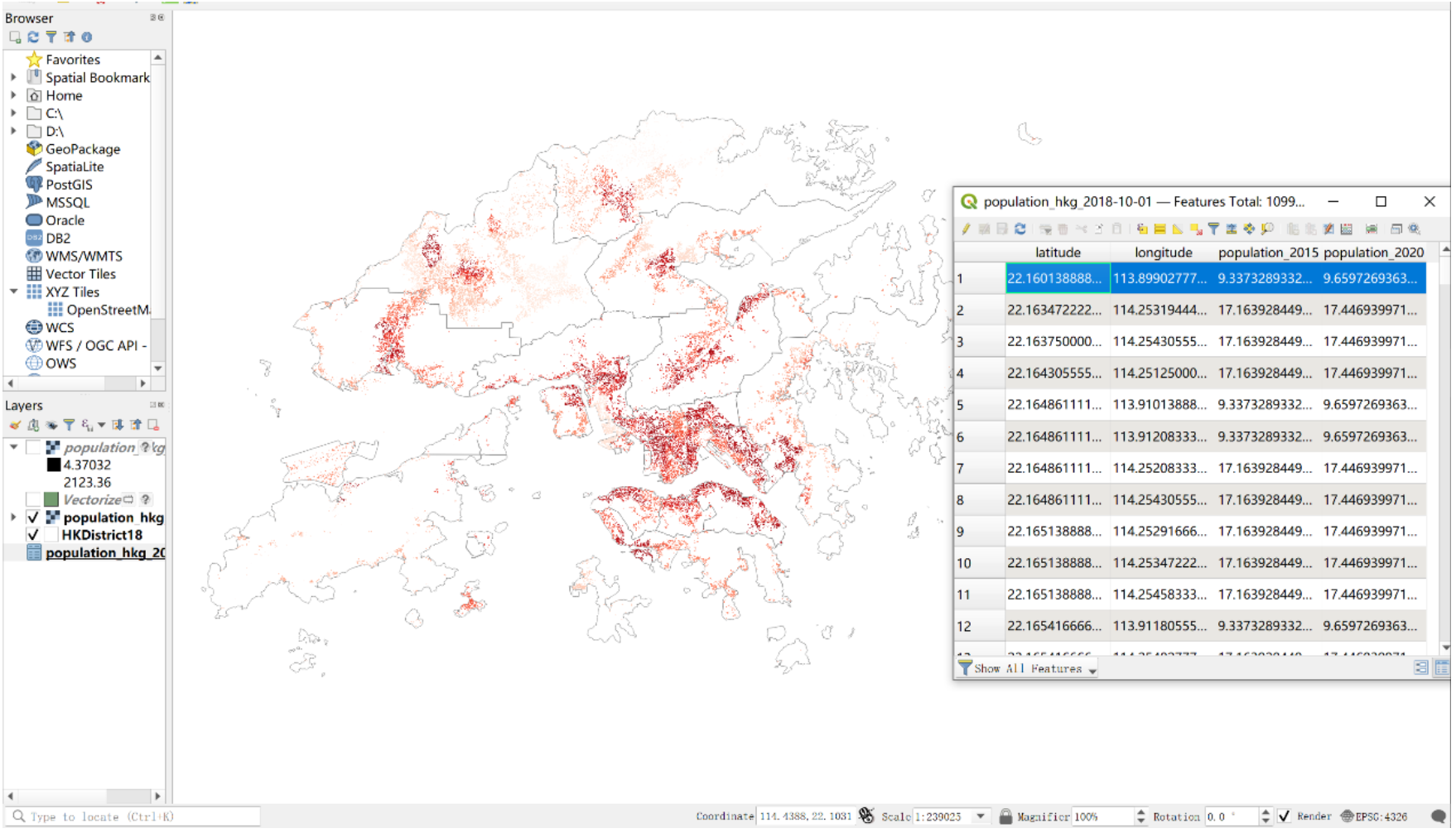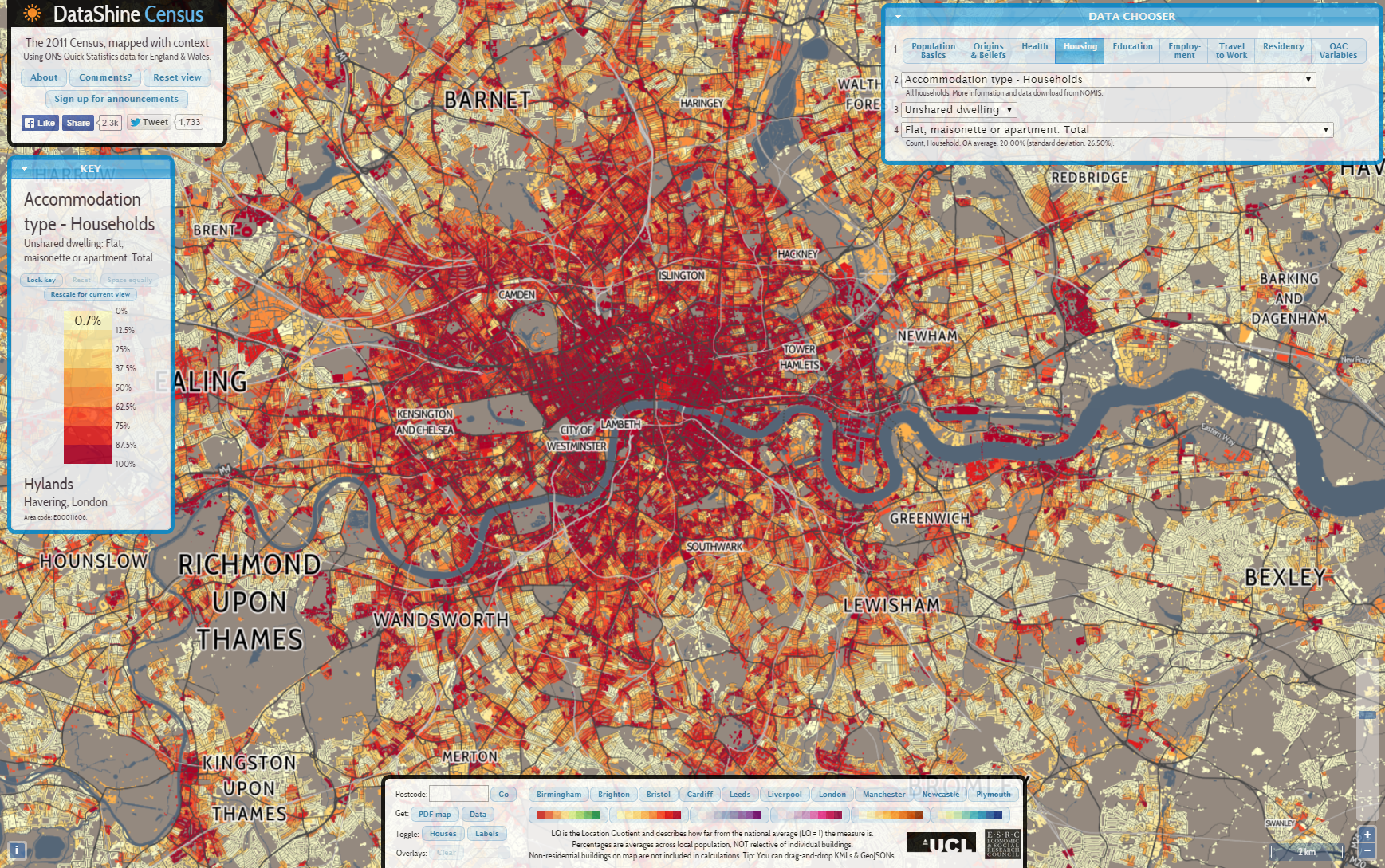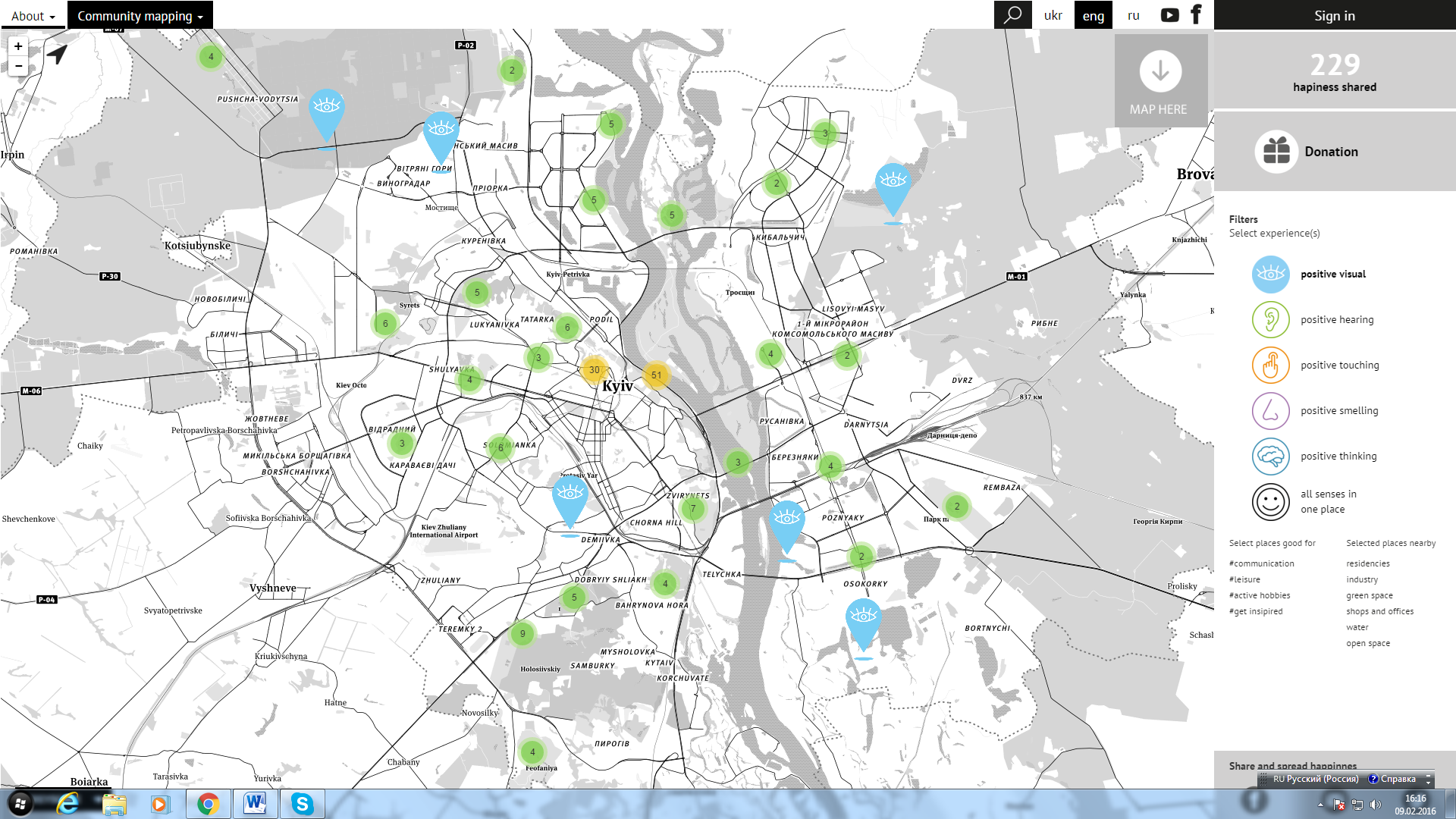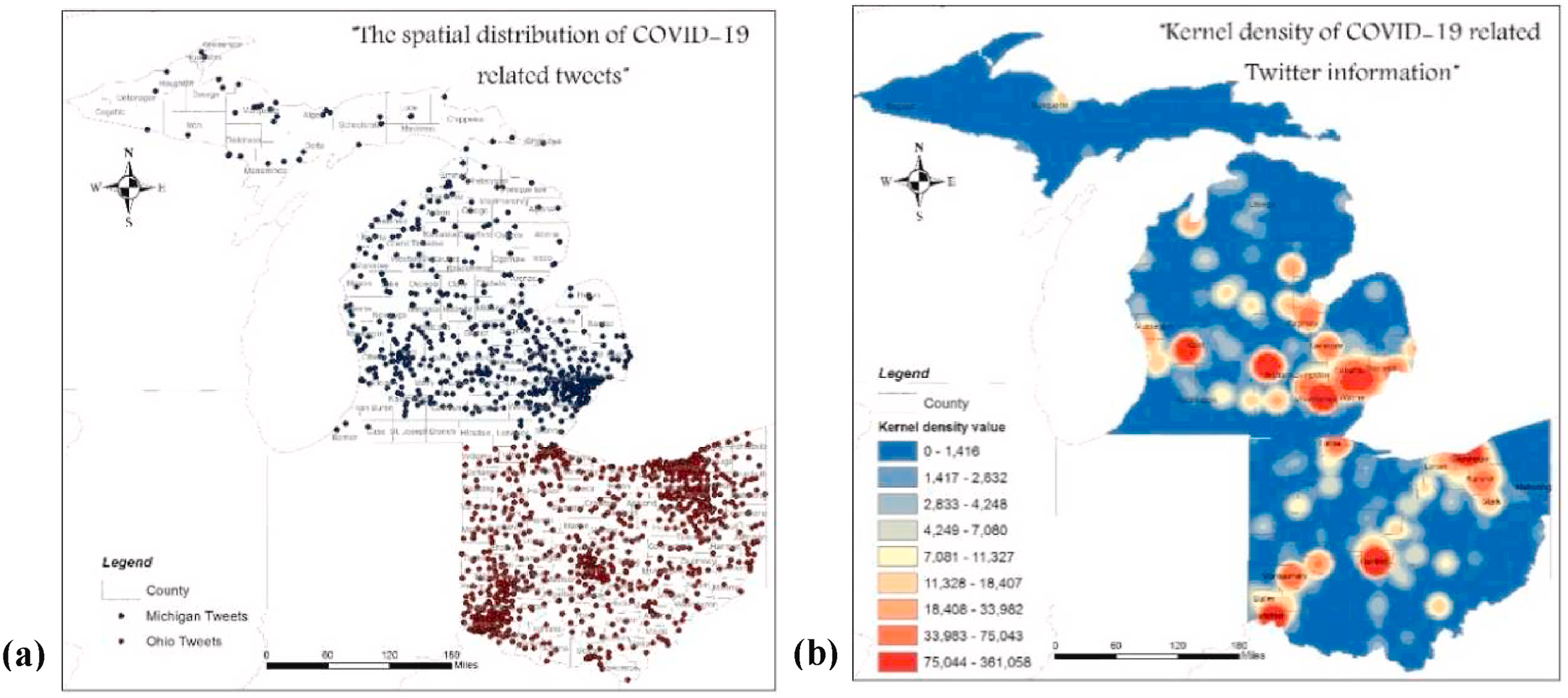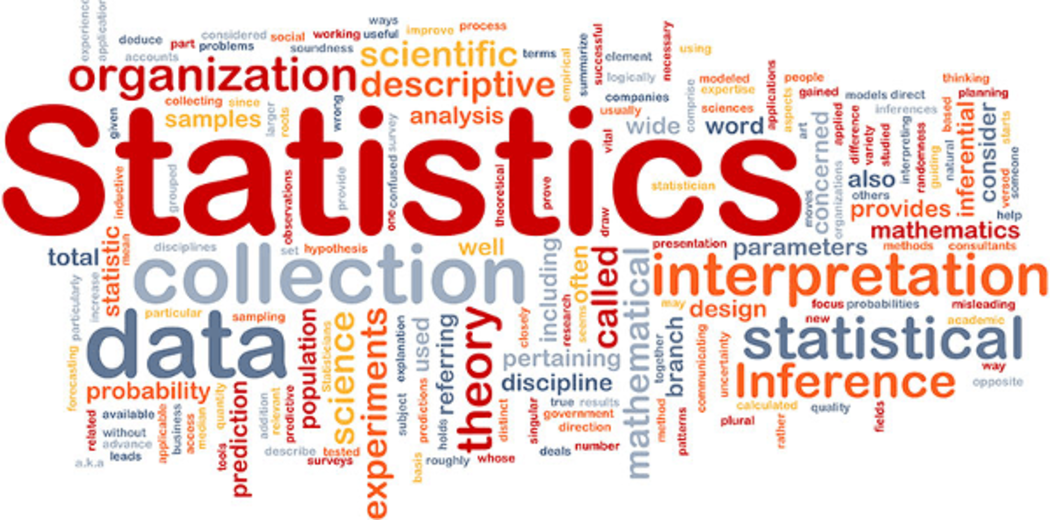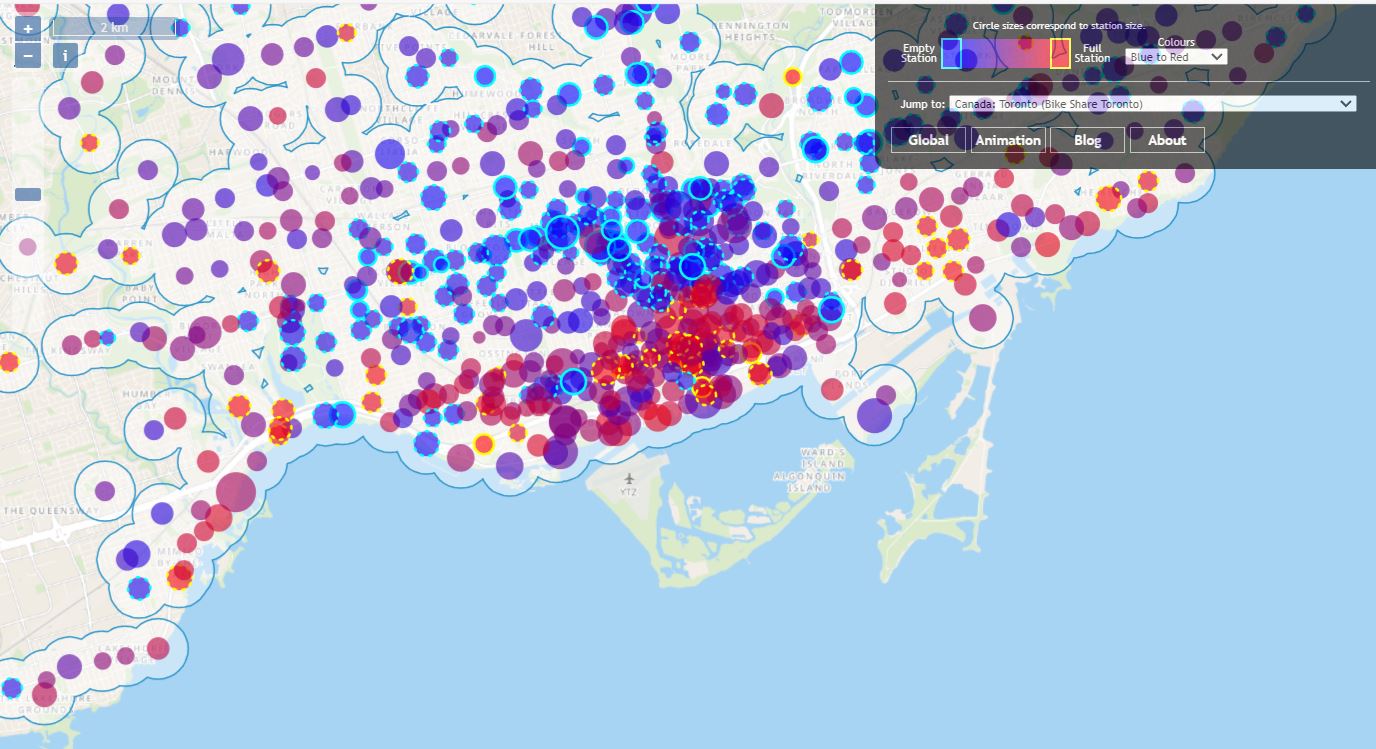E-Learning Modules
Welcome to the MSUD E-learning modules page, which including a series of teaching and learning resources focusing on the gathering, interpretation and visualization of urban data and processes. Focusing on the most recent software processes for urban analysis and supported by online instruction manuals and documentation, these modules can be integrated in a wide range of study and research processes in the fields of Urban Studies, Architecture and Urban Design, as well as other fields interested in the evaluation of urban data.
Most of the e-learning modules are based on freely availables software tools and open source data from social media, online map services and geographic information databases, and introduce different techniques for computational analysis, data mapping and evaluation.
This website and its content are currently under development, for further information about future updates please contact Prof. Jeroen van Ameijde at the School of Architecture.
Micro-module A
Online Urban Data Gathering Overview

Use QGIS to process and analyze open source geographic information data to obtain base map and perform Geotag data analysis.
Micro-module A-A3
Digital map-based Platform — Open Street Map

Open Street Map graph data acquisition method and through the plug-in QuickOSM, fast access to the OSM data method in Open Street Map, and analysis applications.
Micro-module A-A6
Accessibility of Amenities Evaluation Based on Urbano
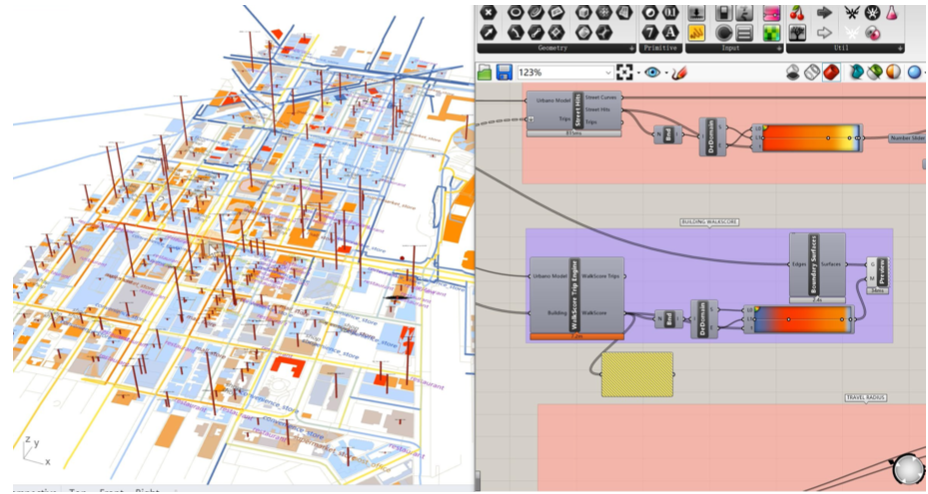
Introduce the whole process of creating the urban mobility model via Urbano, including data collecting, pre-processing, inputting and final result outcomes.
Micro-module B-B2
Geolocation Tracking Applications

Through geolocation tracking applications to collect people’s stopping places, analyze the gathering places and action routes of people’s daily activities.
Micro-module C-C2
Satellite Data and Aerial Photography

Remote sensing data obtained by satellite or aerial photography are analyzed to identify the composition and distribution characteristics of various elements in the city.
Micro-module D-D2
Statistical Data Analysis

Use statistical methods to analyze big data, find rules between different data, filter and process needed data for targeted analysis.
E-Learning Modules for Comprehensive Data Analysis (Project Extension)
This series of E-learning Modules include four 1-hour videos with sample data and scripts, covering a wide range of themes, aiming to provide examples for more comprehensive analysis using advanced tools. Upon feedback on previous e-modules, these new modules addressed following aspects:
(1) advanced data mining, data processing and analysis, (2) data visualization, (3) critical interpretation of data-driven research outcomes in relation to research questions, and (4) conceptual bridging between data-driven research outcomes and the formulation of planning, policy or management initiative briefs and objectives.
This project is supported by TDLEG grant to develop additional learning resources around data-driven urban analytics, to complement a range of department and programmes which incorporate urban research. While the main target programmes are the BSSC in Urban Studies and the MSc in Urban Design programmes, the methods are intended to benefit a wide range of research endeavors in areas such as (but not limited to) Architectural Studies, Economics, Geography and Resource Management, Government and Public Administration, Journalism and Communication, Sociology and Public Health.
Micro-module X1
Street View Images (SVI) and Urban Analytics
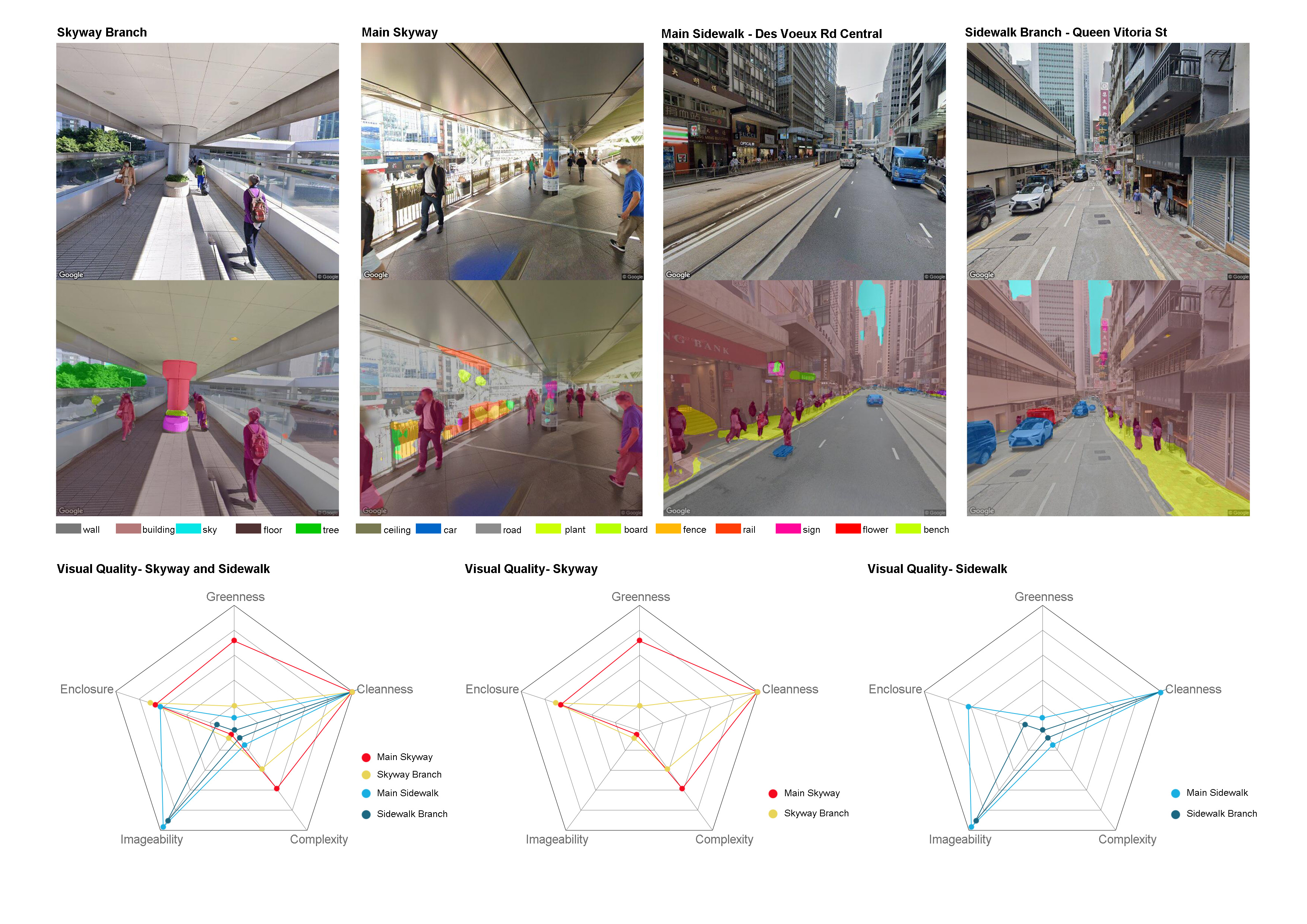
This 1-hour module will cover the whole process from street view data collecting, semantic segmentation processing, geographical visualization using google street view images as an example.



